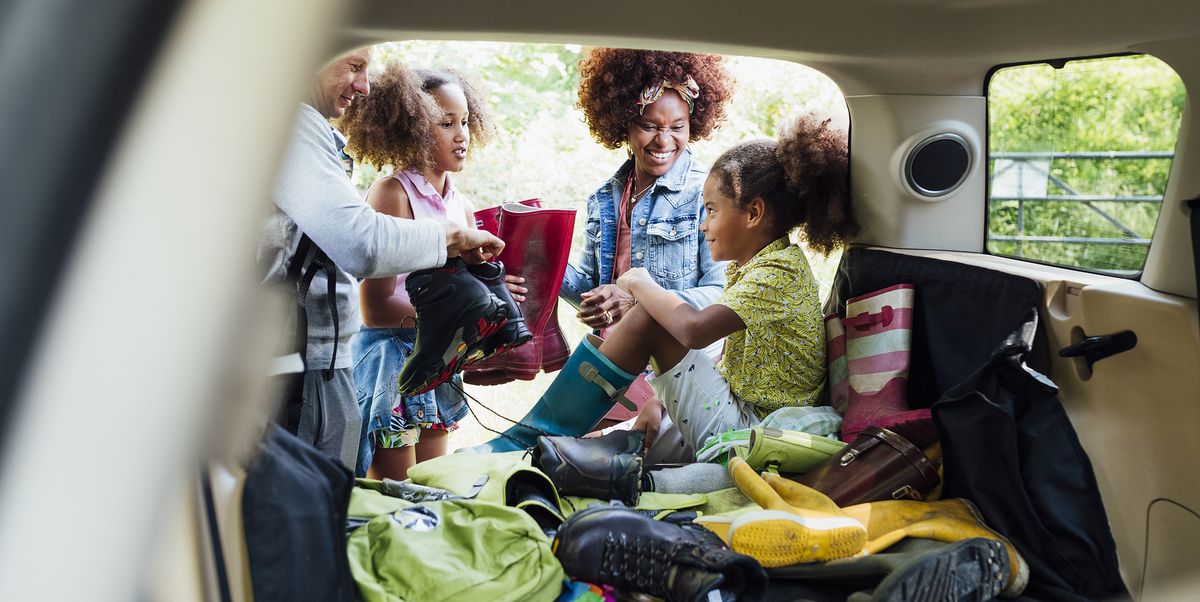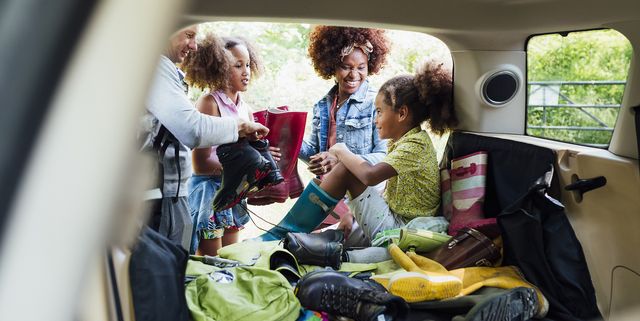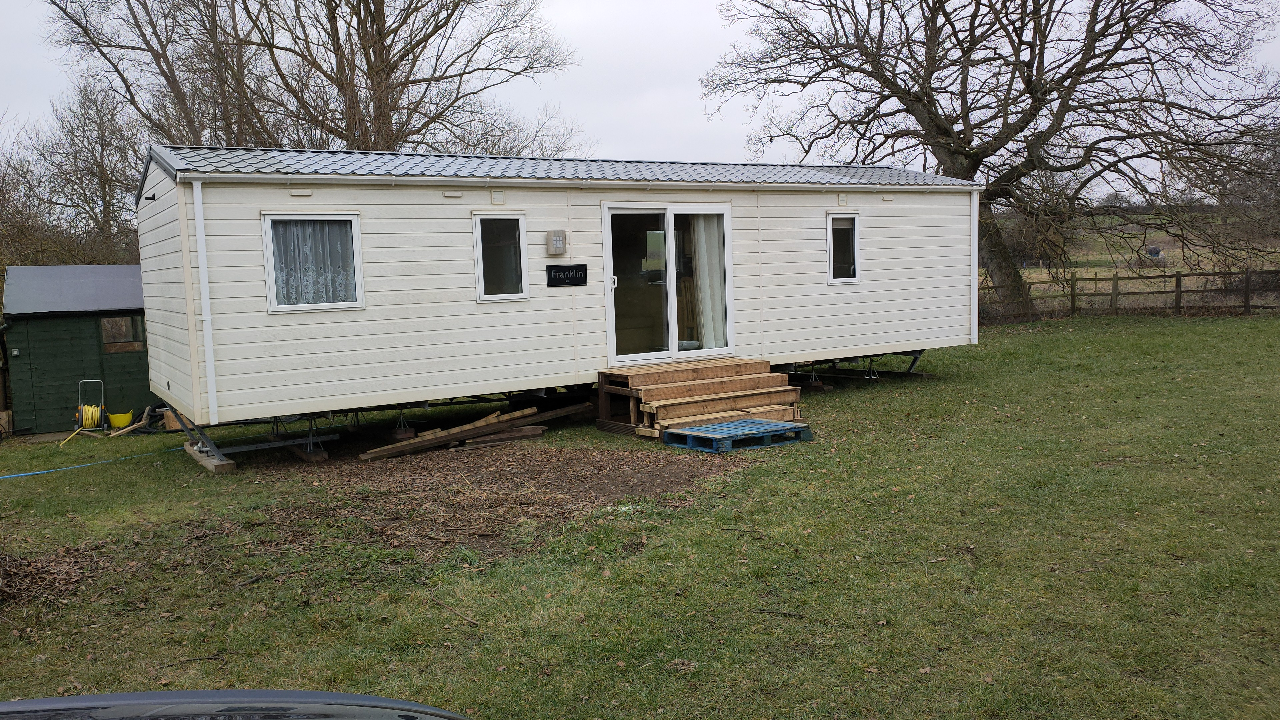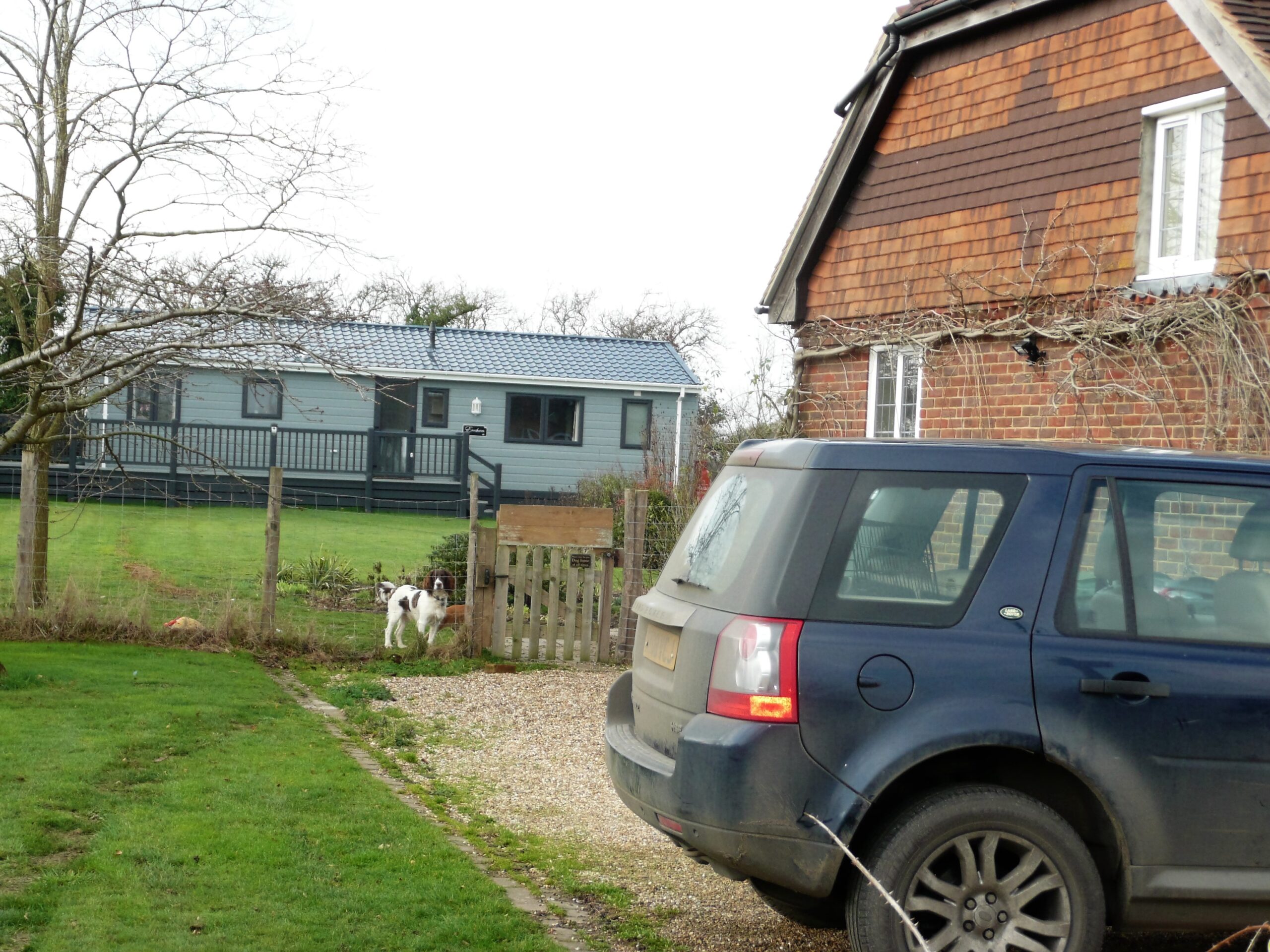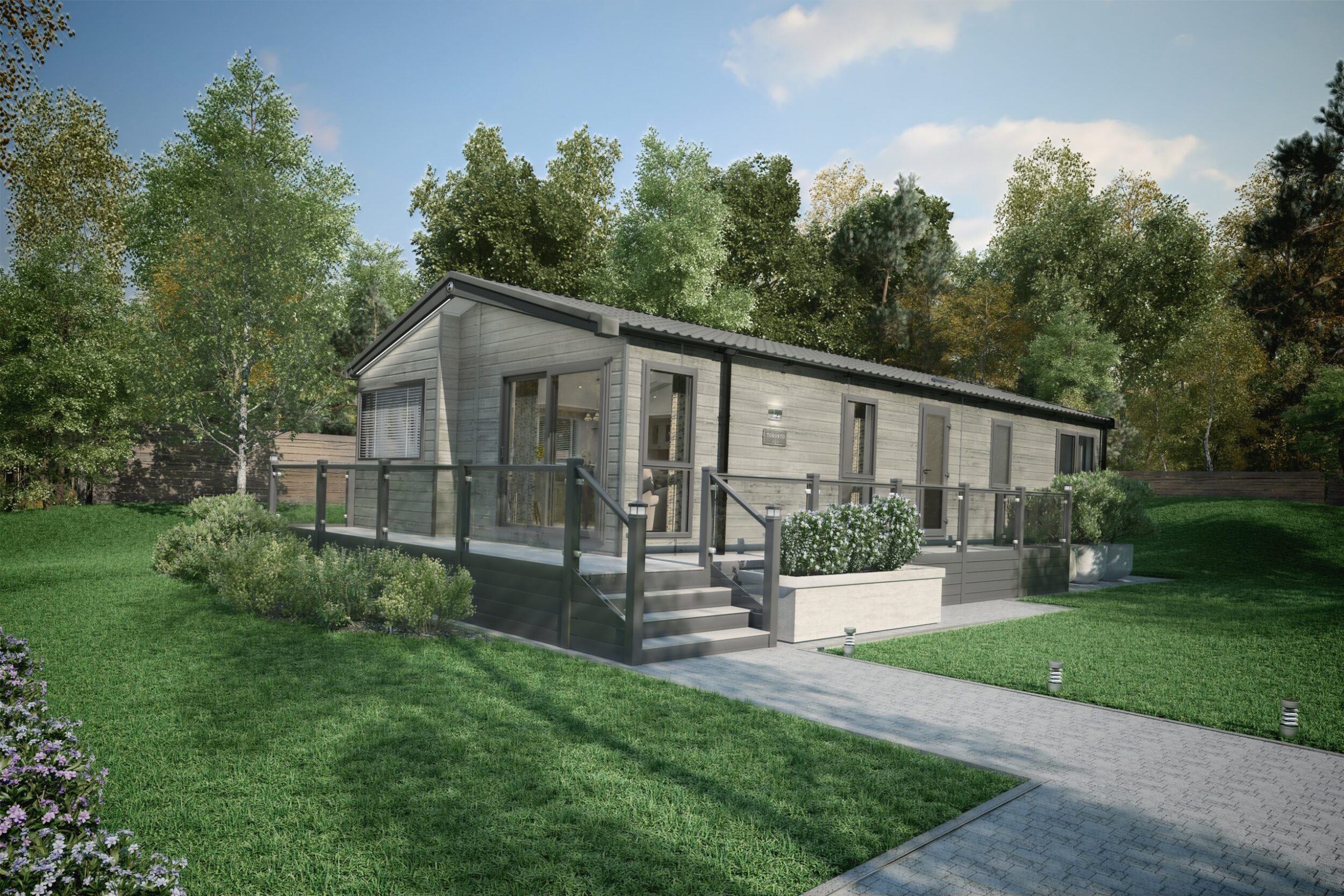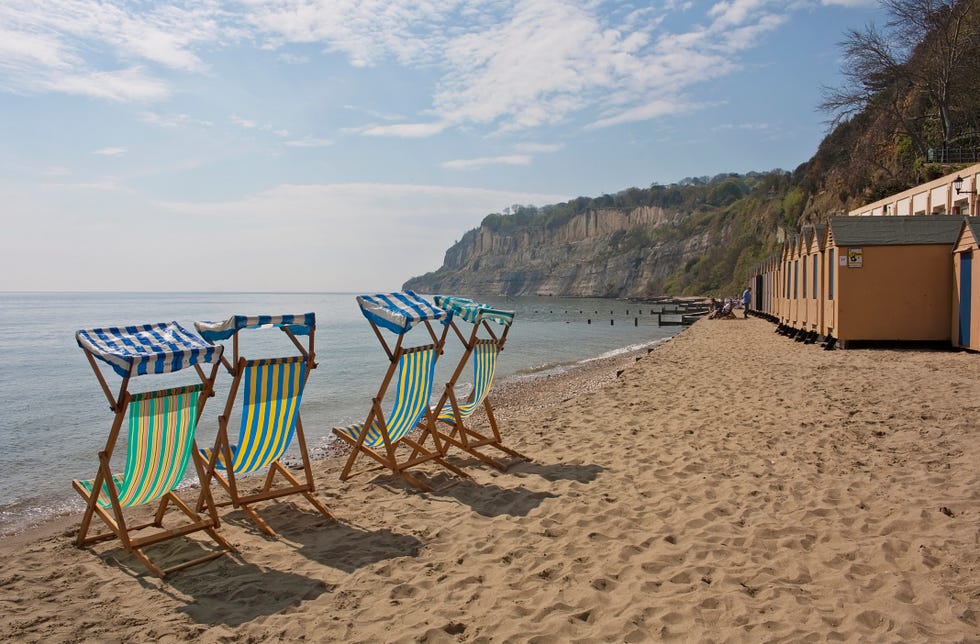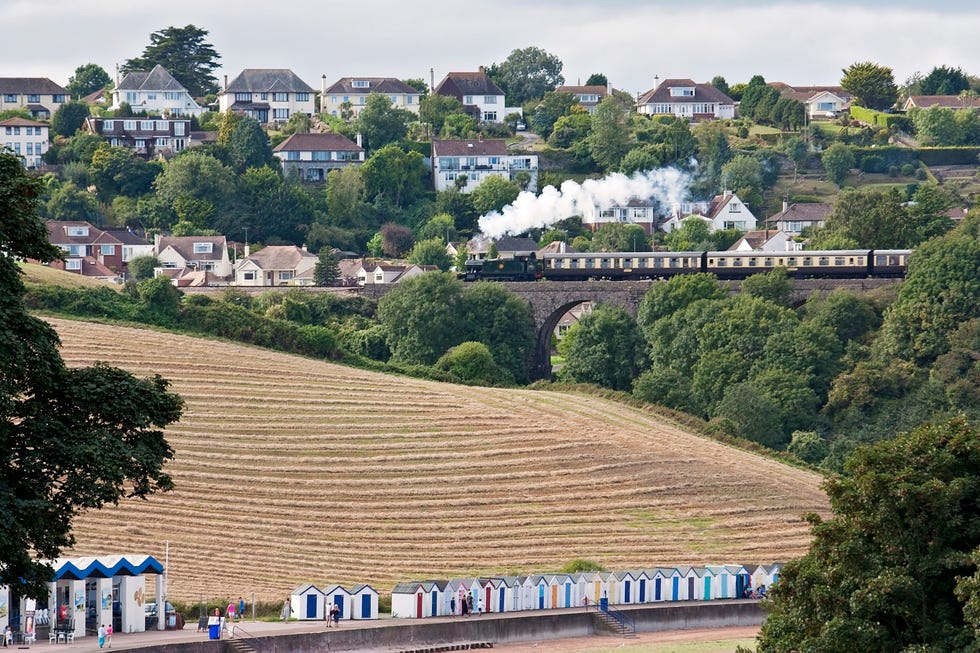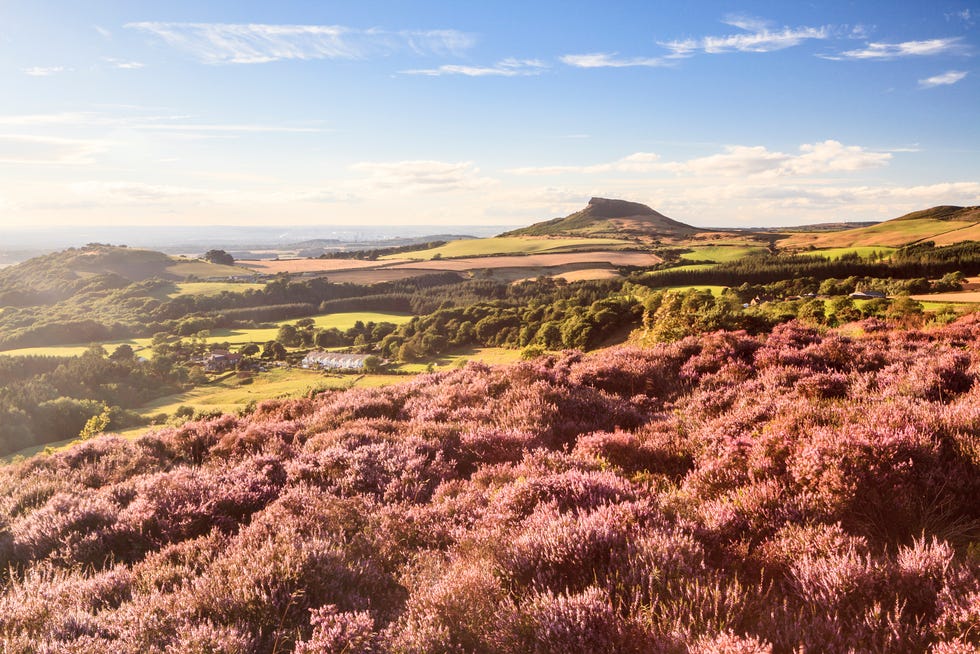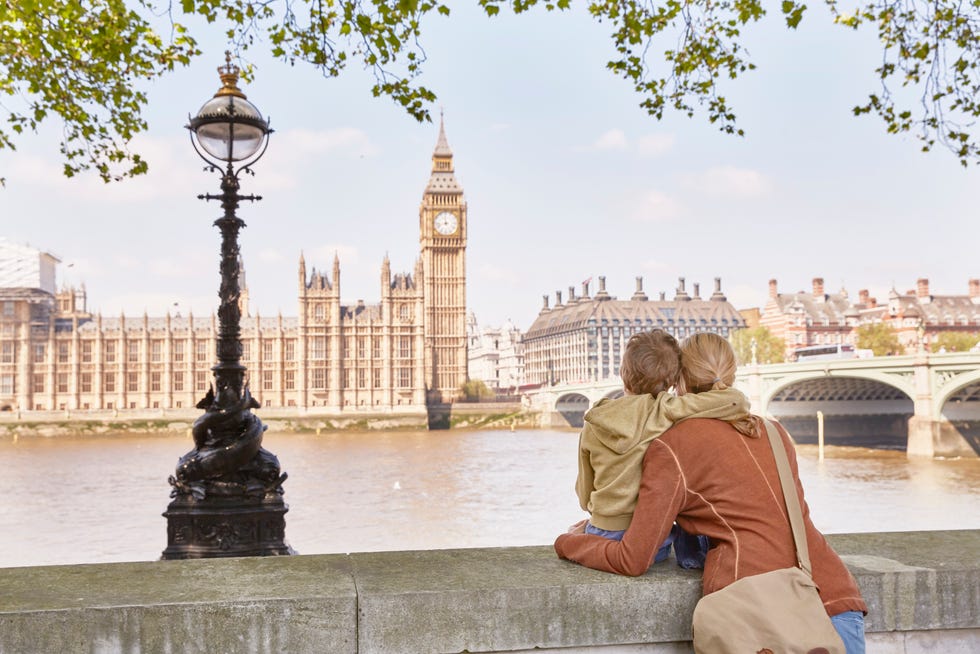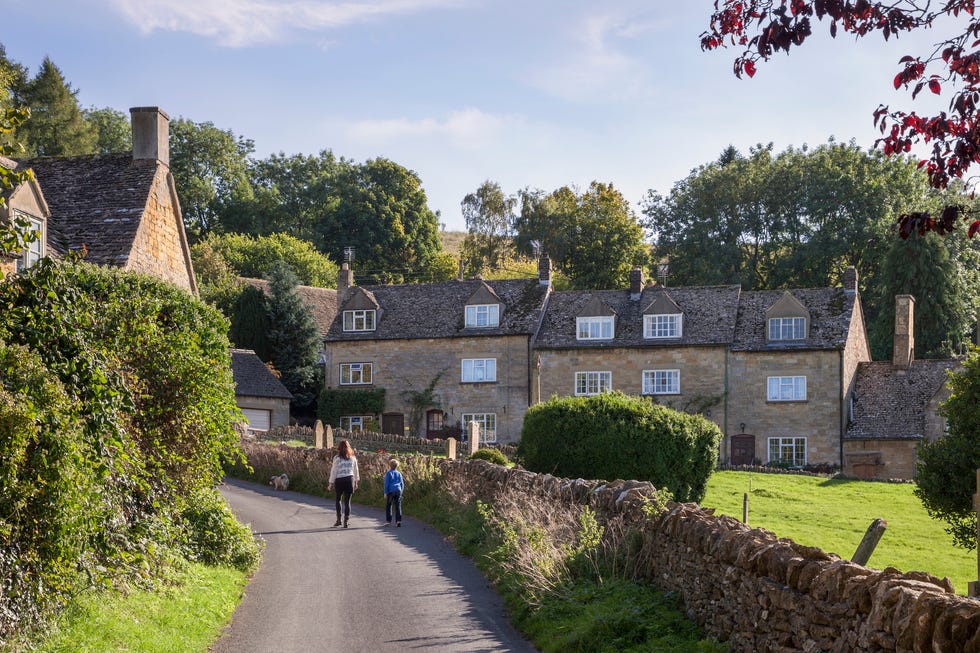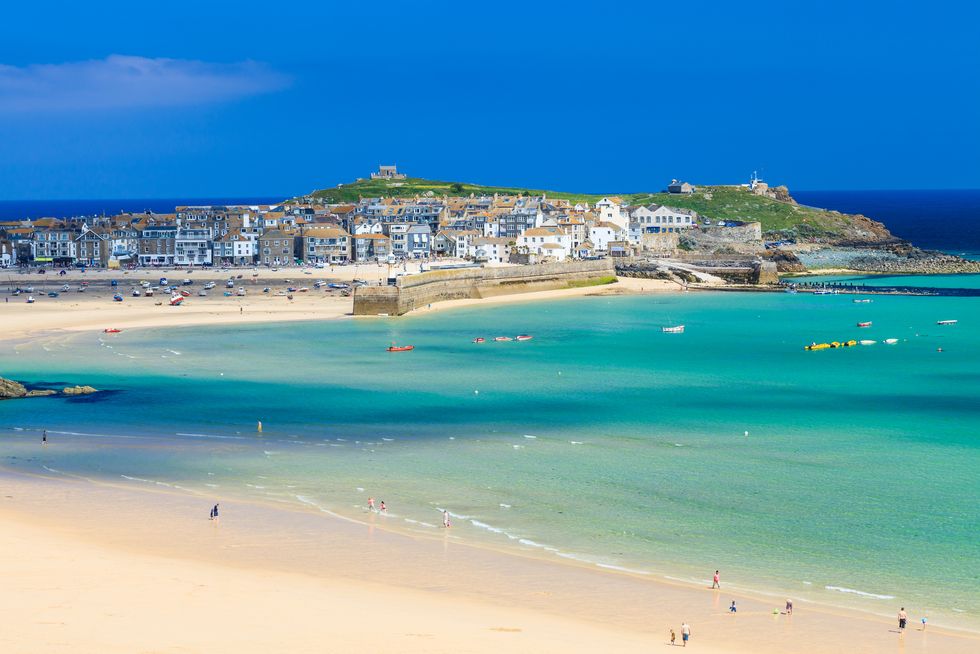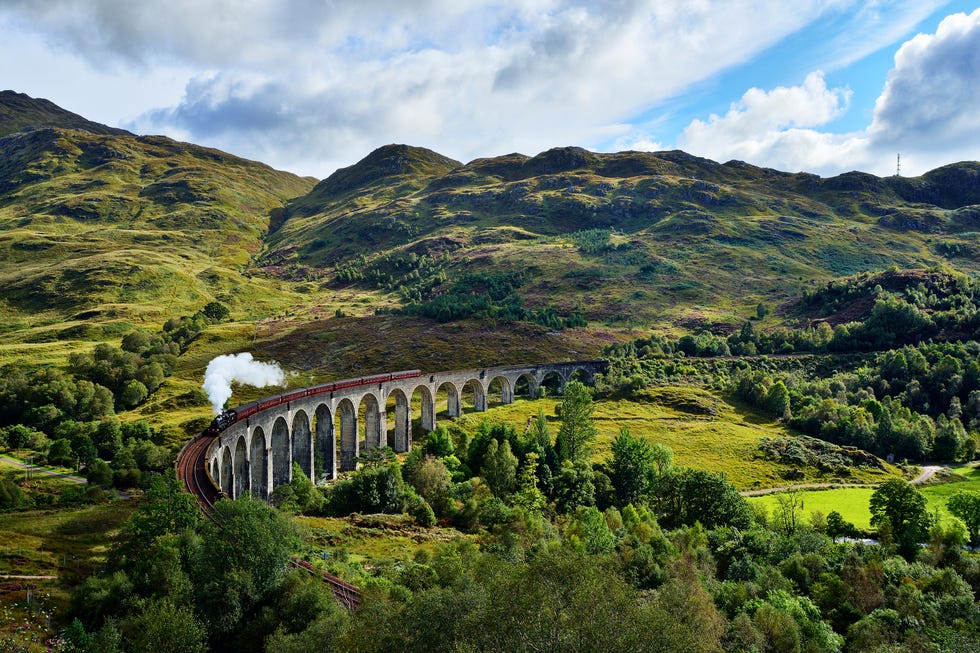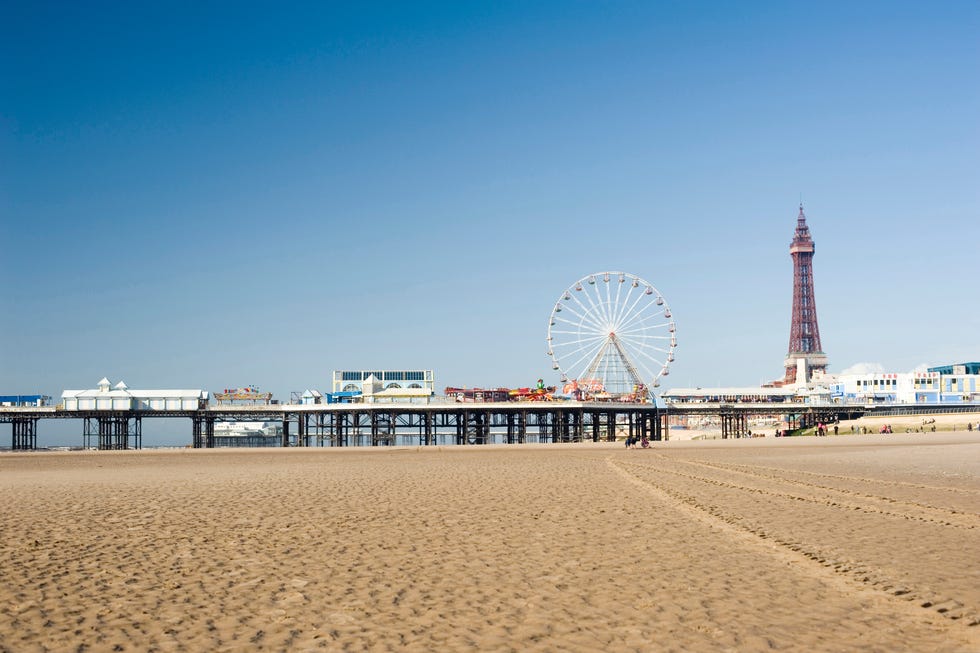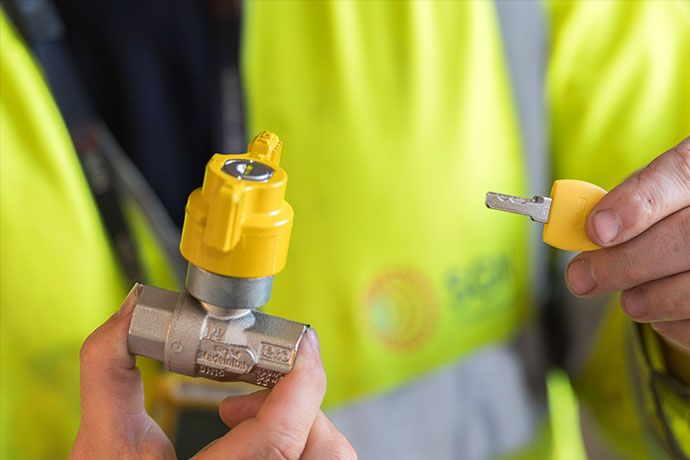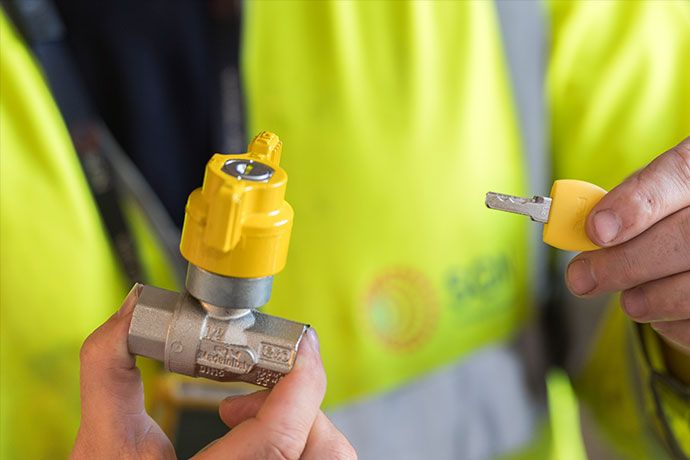What is downsizing?
Downsizing is when you buy a smaller home than the one you currently have. This is often a decision made by those who now have an empty nest, are struggling to deal with the upkeep of their home or are finding the related costs hard to deal with.
It may just be that you are eager for a change, want to simplify your life, want to move closer to friends or family members, or want to start a new phase in life. Whilst many people have been trying to upsize throughout their home-buying journey, downsizing can offer so many options!
What are the advantages of downsizing?
There are lots of advantages to downsizing your home. Firstly, if you’ve been in your current home a while, it’s likely to have increased in value, and you may be near to paying off your mortgage, if not having paid it off completely.
Buying a smaller, cheaper property will give you a lot of equity left over, to use for whatever you wish. It also means you can buy your new home as a cash buyer, giving you more options, a quicker chain and the ability to live mortgage free.
Downsizing to a smaller home means less upkeep, lower bills and more time to do the things you love. It’s an exercise in saving both money and time.
If you are downsizing in later life, it means you can choose a property that will be better suited to your needs as you get older. Instead of having to contend with your stairs, limited accessibility or a huge garden requiring maintenance, you can pick a property that can work for you.
Why wouldn’t I downsize?
Some people have got used to a home of a certain size and space, and perhaps nothing they look at really appeals. It can be hard, after years of aiming for more space to decide to move somewhere smaller. Perhaps everything seems poky, or you can’t imagine how you could ever fit all your items into a smaller property. It’s natural to be resistant.
There’s no real need to downsize if you’re opposed to the idea, but often it can offer a greater quality of life with the money you make from the sale. If you really don’t want to leave your home, but want access to the value of your property, you could consider equity release.
Property values change over time, which should be great if you’ve had your property for a while. You may find that your property has increased in value, and you should have a lot more to work with when looking for a new home. However, just because you want a smaller place, it doesn’t mean you necessarily want to change your location. You may struggle to find a smaller property in your area or feel that even the smaller homes are too expensive for you to truly benefit from the sale.
If you want to be in the same neighbourhood, or to be near family, you may find there aren’t many downsizing opportunities.
Lack of availability can be another issue. Bungalows, which were once hailed as the best option for those entering later life, or with accessibility issues, are hard to come by now. They are in short supply, as they take up a lot more space for one story, compared to the multiple flats that could be bought on the same site.
As such, appropriate homes can be hard to find.

When should I downsize my home?
People downsize for multiple reasons. Whilst for some it may be an empty nest and a house that requires too much upkeep, for others it may be loneliness, divorce, accessibility or the loss of a loved one that prompts the move.
You can downsize at any point, but it’s worth doing some research into where you want to live, what kind of property you’d be happy with, and being realistic about how much you own.
Some always intend to downsize but can be shocked by how much stuff they’ve accumulated over the years in their homes. From the moment you start considering moving, it’s time to start working out what you want to keep. Anything that can be thrown away or donated, do so before you even put your home on the market.
If you’re downsizing due to divorce or a change in your financial circumstances, it can be frustrating to have to contend with a smaller space than you’re used to.
A downsizing checklist
- Consider your reasons for downsizing? Is it necessary, are you happy about it, or is there another solution?
- If you’re excited to downsize, consider where you want to live. Do you want to stay in the same area, move to the seaside, or buy a luxurious flat in the centre of town?
- Look at the type of properties that would work for you, and whether you can afford them. Will you have to make a compromise or is there a lot for you to choose from?
- Consider whether you want to pay off your mortgage fully before you sell the property.
- Start throwing things away – donate, give items to family members and separate out the items that you really love and feel strongly about from those you don’t really need. It’s an opportunity to clear everything and save yourself money when you pay for removals.
- Prepare your home for selling
- Start viewing properties.
Downsizing can be fraught for some who aren’t looking forward to change, or have become accustomed to their home, but there are so many advantages and opportunities. From the chance to save on bills, make household tasks more manageable to the new décor and opportunities of a new area, downsizing can be incredibly exciting. And if you buy a cheaper property than the one you sold, that extra money can go a long way to helping you enjoy life in your new home!
